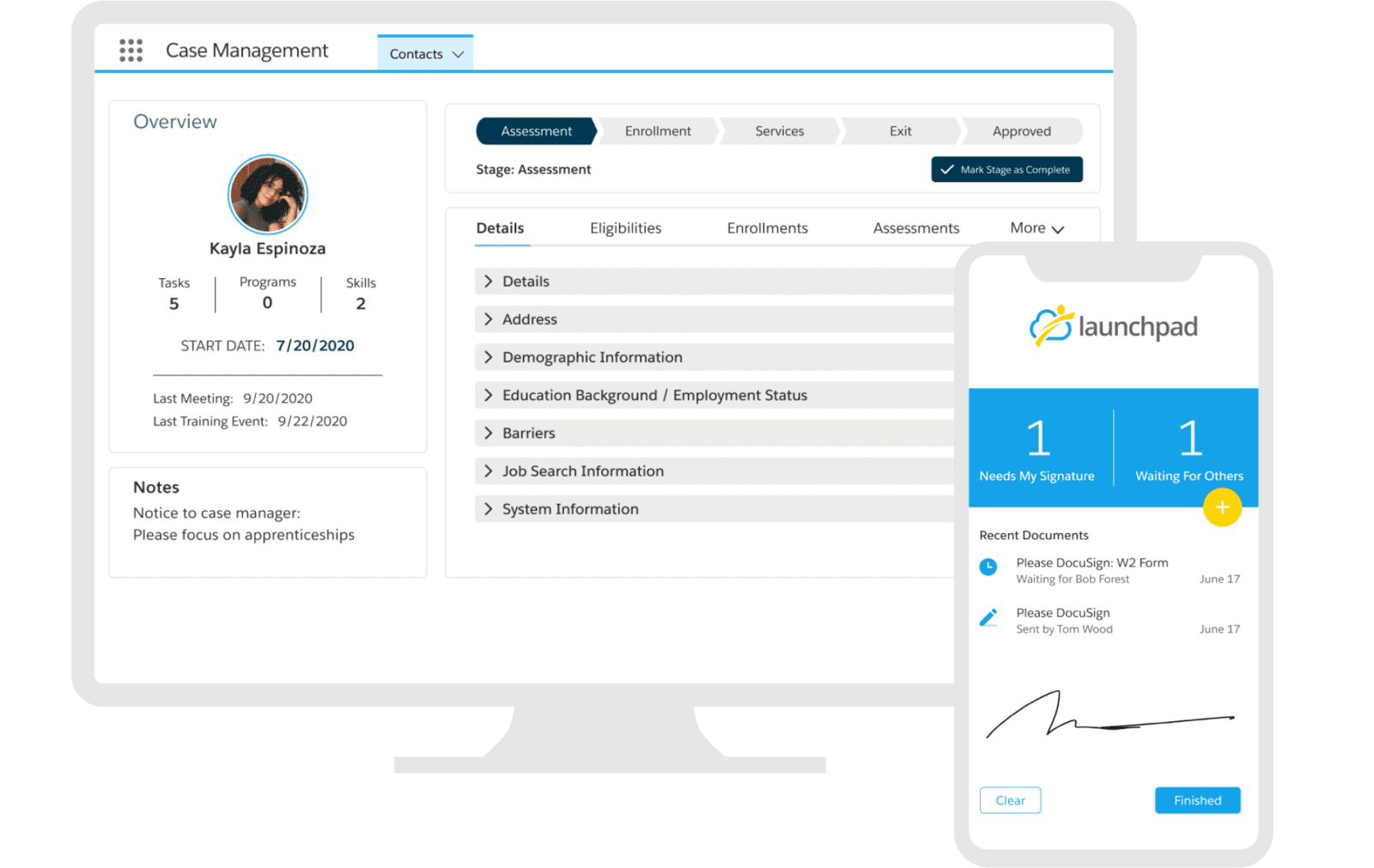The rationale given is that implementing a CMS significantly reduces authoring and design costs. In addition to reducing costs, it improves usability and allows for faster implementation.
An important question for technology solution providers is how to identify the most appropriate product or tool or component for a problem. Which of the last products on the market is a good fit for a business problem? There is no definitive answer, but certain guidelines can be set to guide choices in the right direction.
If you want to install case management software online, then you can browse the given online source.

EVALUATION PARAMETERS
BUSINESS INTEREST
CMS products are tools and not everyone uses tools for the exact same purpose. When there are many competitors to choose from, choices that can withstand critical business needs make more sense.
Each will use a CMS as a repository for documents but may have to deal with large amounts of data that doesn't change frequently and the process of approving workflows, while the other may not have large amounts of data but being a document manager becomes a day-to-day activity with the process.
CONSUMER BASIS
Who will use the relevant system for each application and CMS is no different. However, in the case of CMS, the main concern is that even content providers can be considered users because they need to manage them to manage their content and engagement more than administrators involved in managing traditional web applications.
WEB DEVELOPMENT
CMS products already offer the opportunity to enhance their capabilities, not only enhancing existing features but also adding new features. This allows more transaction pages to be added to the CMS solution. If so, these additional features should be analyzed and cross-checked to determine if the proposed CMS can meet these needs.
